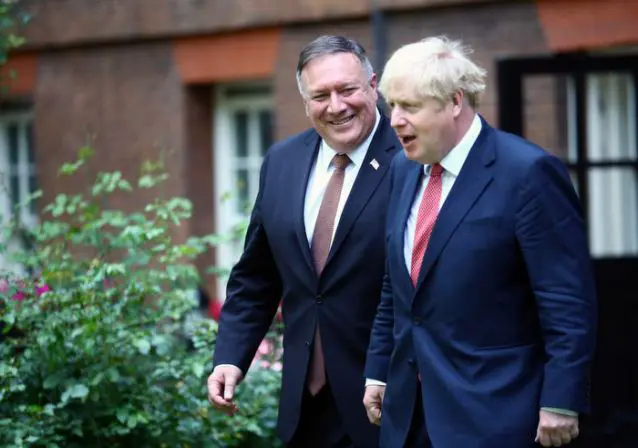By APD writerI. Hussain Janjua
Editor's Note: Mr. I. Hussain Janjua is a senior media professional and analyst based in Islamabad, having experience of more than 20 years in research & media in different organisations.(Email: [email protected]; twitter: @ihussainjanjua)
Amid corona pandemic, China-India tension and most importantly after the UK imposed restrictions on Chinese telecom giant Huawei, the primary objective of US Secretary of State Mike Pompeo’s visit to the United Kingdom and Denmark was to garnering support for anti-China build up.
Besides meeting Danish Foreign Minister in Copenhagen on July 22, Arctic matters are also on his agenda as Greenland’s minister of foreign affairs, Steen Lynge, and education, Jenis av Rana, have been invited to participate in the discussions.
Pompeo’s visit comes a month after the US reopened a consulate in Greenland, which President Donald Trump expressed interest in buying last year.
Pompeo’s repeated utterances on the subject are self-explanatory: “They’re related to the challenges that China is presenting, the militarization of the Arctic that China and Russia are presenting. And we think it’s important that the United States as an Arctic nation is active and engaged, and we think putting that facility there will help us do that,” Pompeo said.
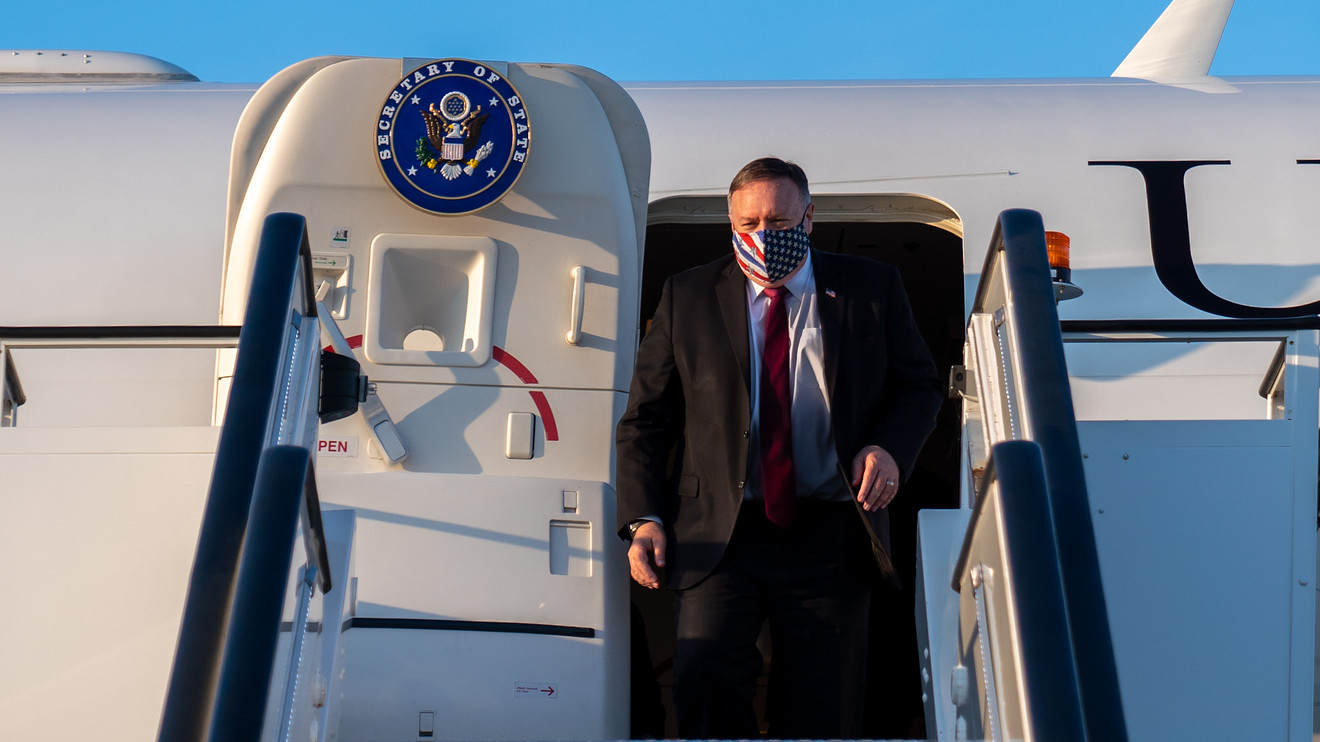
Meanwhile, the US Secretary of State is overjoyed at Britain’s ban on Chinese telecoms giant Huawei has recently agreed to start a dialogue with the European Union on relations with China, as President Donald Trump's administration has been pressing for a hard line against Beijing.
In London, Pompeo’s praise of the UK's recent actions on Hong Kong and suggesting other allies to stand up to China's alleged threatening behaviour is self-explanatory as to what was the agenda of visit which the media reports also endorsed saying the discussions were mainly focussed on tackling China’s growing might and 5G networks besides free trade and other issues including economic recovery from Covid-19.
In fact the US had lobbied the UK to reverse its decision earlier this year to give Huawei a lead role in building the infrastructure for the next-generation mobile communications network.
The UK decision is clearly externally motivated as the Trump administration had previously indicated that Britain had to choose whether to side with Beijing or Washington on matters like China’s role in telecom infrastructure.
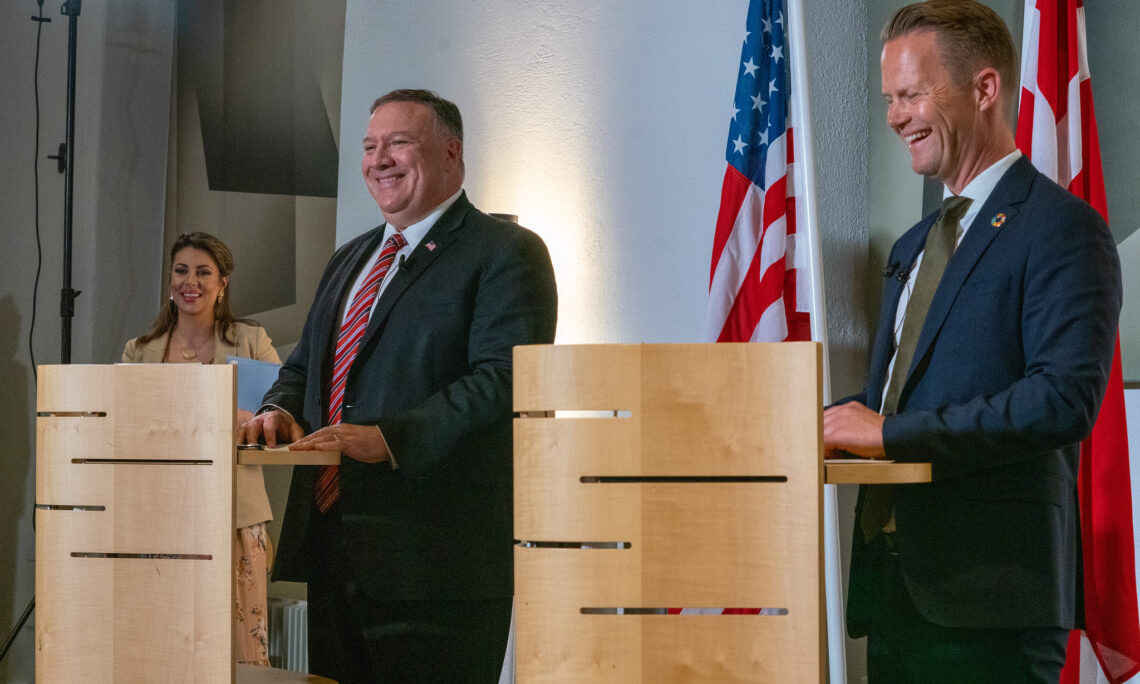
Analysts say Pompeo’s embrace of his British counterparts would only make it more difficult for Prime Minister Boris Johnson to walk back from the brink of a deepening rift with Beijing.
The UK act on China is a clear interference in China's internal affairs and violation of international law which may provoke an outsized response from Beijing since Mr. Johnson gave Huawei only five months to continue selling equipment for Britain’s 5G networks before the ban takes effect though in the past he had praised efforts to take advantage of commercial opportunities through trade with China.
While Mike Pompeo’s Denmark a year after a diplomatic spat between the United States and the Nordic country also had similar agenda as reflected through statement from the US State Department that highlighted the importance of a partnership in the Arctic, "particularly as we see increased activity in the region from Russia and the People's Republic of China".
Another bone of contention the US is strongly opposed to is gas pipeline being built between Russia and Germany, saying it risks increasing the dependence of NATO countries on Russian gas.
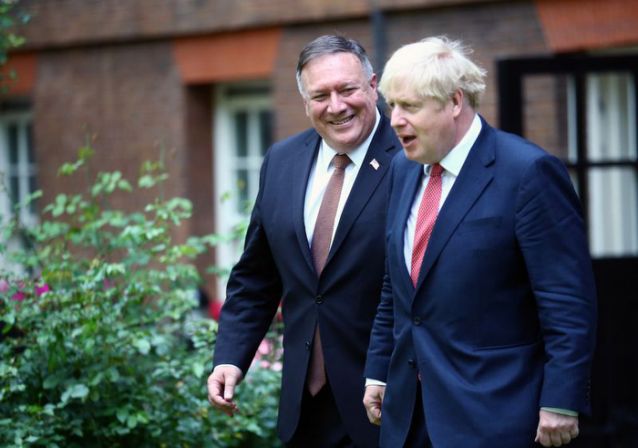
Pompeo has also been critical of China towards India alleging that the fresh dispute over Bhutan showed its plan of "bullying". These remarks are the most explicit by the top US diplomat since a deadly clash between the world's two most populous nations on June 15.
Though India, despite a growing relationship with the United States, does not want to be seen as following Washington's lead on issues of its own sovereignty but Pompeo’s statement rebuffing China's control could set the stage for further conflict in the South China Sea.
In such circumstances China would be forced to respond and most likely economically by imposing trade limits, tariffs, or other measures against the US and its allies enhancing tension in the region while a military confrontation cannot be ruled out either.
In fact, the US is unable to digest the rising economic might of China and is always looking for excuses to hurt Chinese interests, be it Covid-19 accusations or copyrights issues.
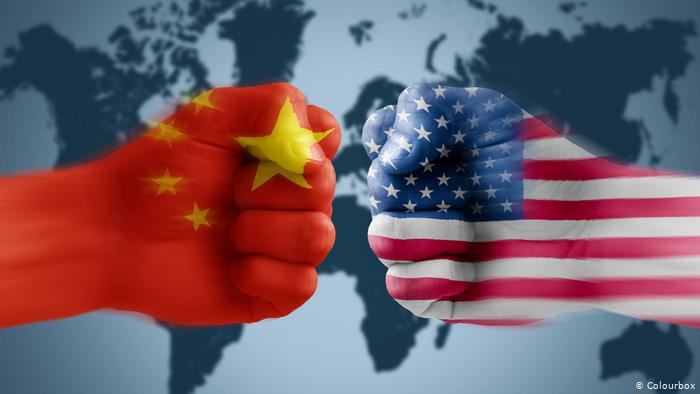
The US with two aircraft carriers and a range of smaller warships in the region while China with matching military power the likelihood of a direct military-conflict is always there.
However, as the world and the United States in particular remain trapped in a raging COVID-19 pandemic, there is a need for a coordinated response against Coronavirus but not smear campaign against China.
As China has demonstrated ample global leadership viz-a-viz at the novel coronavirus with the world while its Belt and Road Initiative (BRI) reflects all-encompassing well being.
However, the US needs to learn from history and demonstrate matching being world leader and stop blaming China for unfounded allegations as it has already caused a huge damage to efforts for global cooperation to defeat the pandemic and other important issues faced by the world.
(ASIA PACIFIC DAILY)
 简体中文
简体中文

